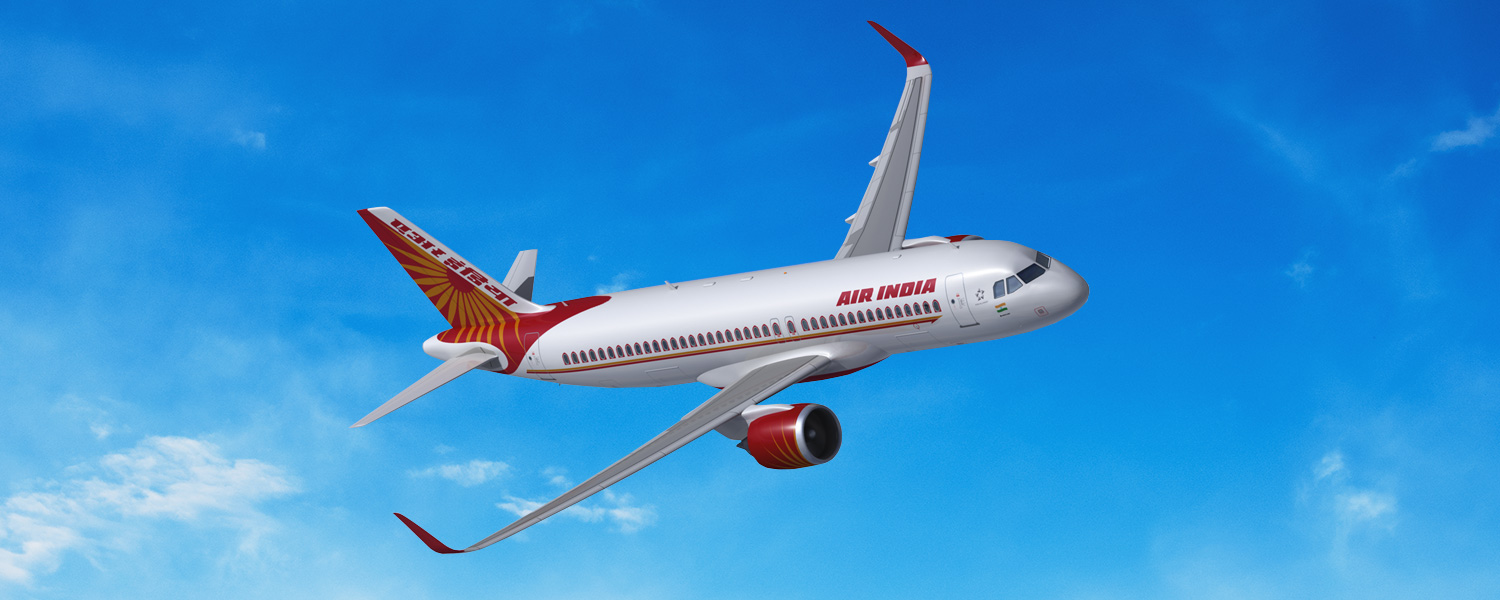The Investment Information and Credit Rating Agency of India (ICRA) reported a negative outlook for the Indian aviation industry for the financial year 2023. As per the report, the Indian airlines are expected to report a loss of around $2bn and will have a collective debt of more than six times that amount approximately INR 1,000bn.
With the receding severity of the COVID-19 pandemic and passenger traffic slowly approaching the pre-pandemic mark the industry sentiment was high, but other post-pandemic challenges have grappled the Indian civil aviation industry.
ICRA said in the report: “While a meaningful improvement in passenger traffic is expected in FY2023, the pace of recovery in the industry earnings will be sluggish and the industry is expected to incur a net loss of around Rs 150-170 billion owing to elevated costs.”
Indian airlines are under stress due to multiple reasons increasing the overall cost of operations and making it difficult for the airlines to make a profit. Rising fuel prices, rupee depreciation, and increasing market competition are a few of the reasons behind airlines’ red marks.
As per the latest revision, the price of aviation turbine fuel in India has jumped over 58% in the year so far. The rupee has depreciated to nearly INR 80.8/dollar, amounting to higher costs for airlines as most of their expenses related to aircraft lease rentals, maintenance, and other overheads are dollar-denominated. These increased costs automatically percolate to a surge in airfares.
“In addition to the surge in airfares, delays in delivery of components and spares for aircraft and engines have been lately impacting the sector, thereby leading to the grounding of certain aircraft for some domestic airlines and crippling the capacity deployment,” Icra said.
“Airlines are in discussions with original equipment manufacturers or OEMs for easing supply issues and are also looking at leasing of aircraft, including wet lease, to counter capacity constraints during the upcoming winter holiday season. Some airlines have sought a deferment in their lease rental payments to improve their liquidity positions. Others have also entered a sale and leaseback transactions to shore up liquidity in the near term,” ICRA added.
Looking at the above statistics, ICRA predicts that the credit profile of Indian carriers will remain stressed until they are able to reduce their debt burden through a combination of improvement in operating performance or by way of equity infusion.

